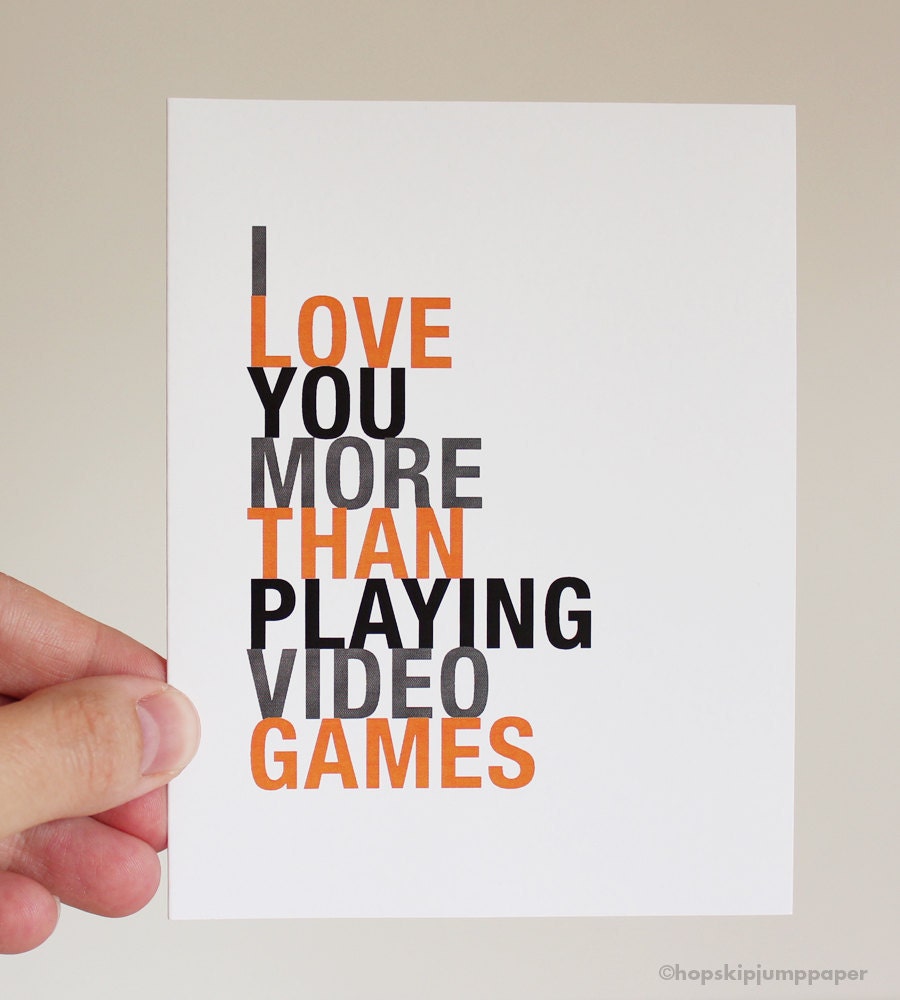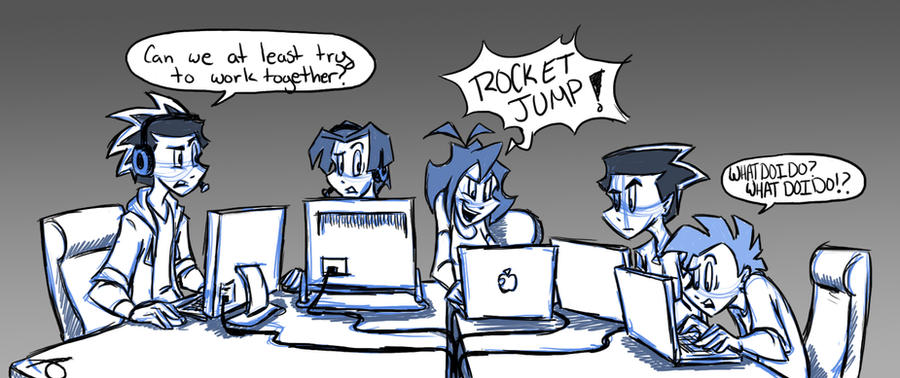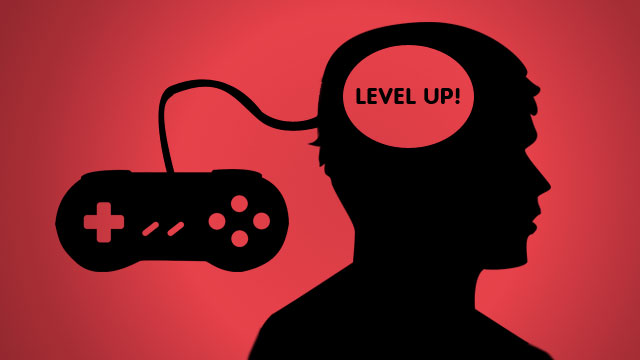Let's think about it this way, these game paved the way of video gaming, demonstrated what NOT to do in a video game. But if you so choose to try them yourself, I've listed locations where you can either download (play the game using emulator-ROM) or purchase them for your personal enjoyment.
- Hooters Road Trip (PS1) - a simple arcade style racing game that has nothing to do with Hooter, except may be the title screen or the end game screen.

(Image from Wikipedia)
- Captain Novolin (NES) - a side-scrolling platform game involved a diabetic (super!?) hero.(Image from hardcoregaming101.net)
- Revolution X (Genesis, PS1, SuperNES) - This is an console adaptation of an arcade shooter game featuring Aerosmith.
(Image from gamesdbase.com) - Where's Waldo? (Nintendo) - Similarly to the book, player needs to help Waldo get to the moon by finding him on each screen.
(Image from Wikipedia) - E.T. the Extra-Terrestrial (Atari 2600) - This is a video game version of the feature film which has the same name. This basically marks the beginning of the curse of terrible adaptational video games from movies. We are still suffer from that curse until this day.
(Image from wired.com)













